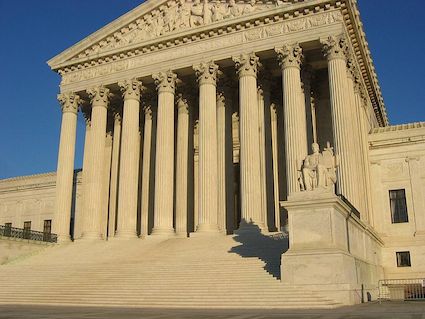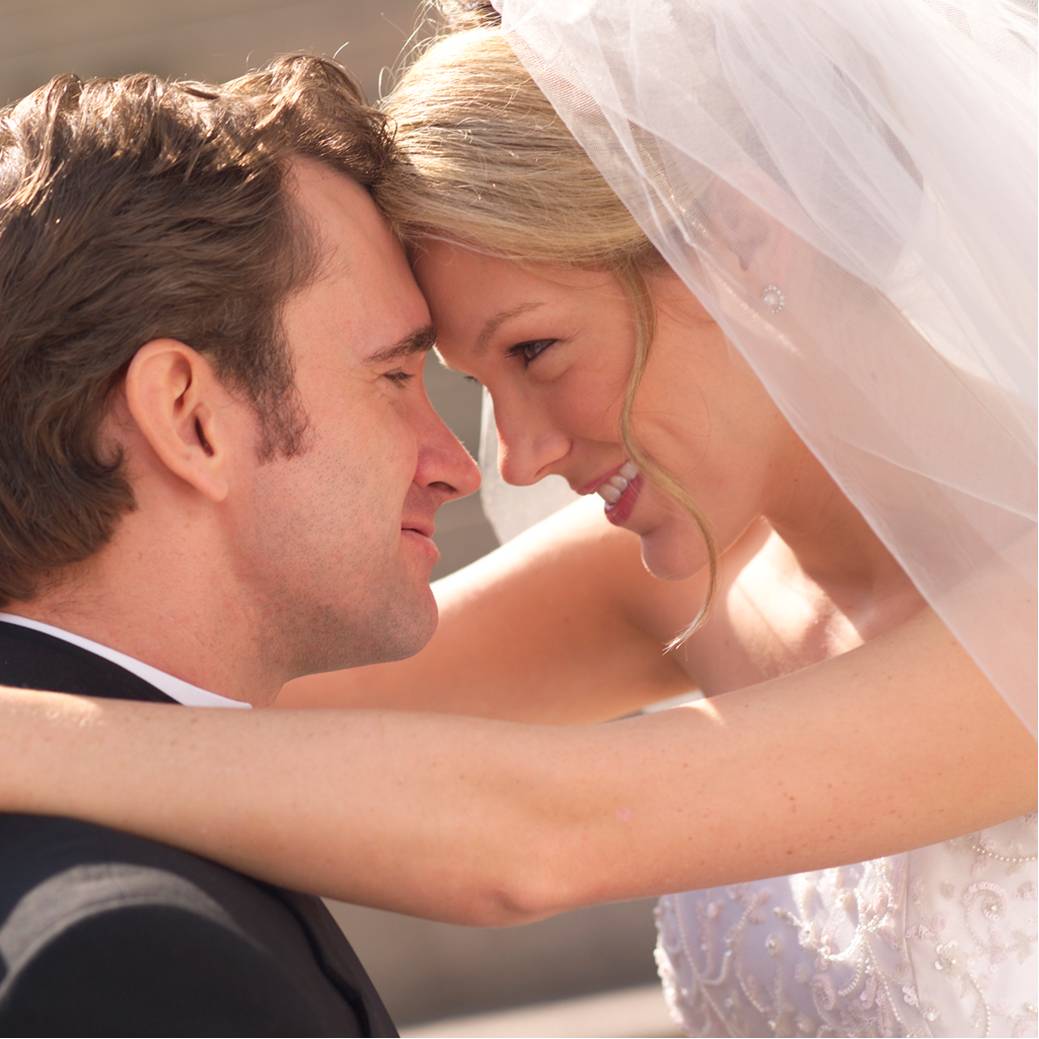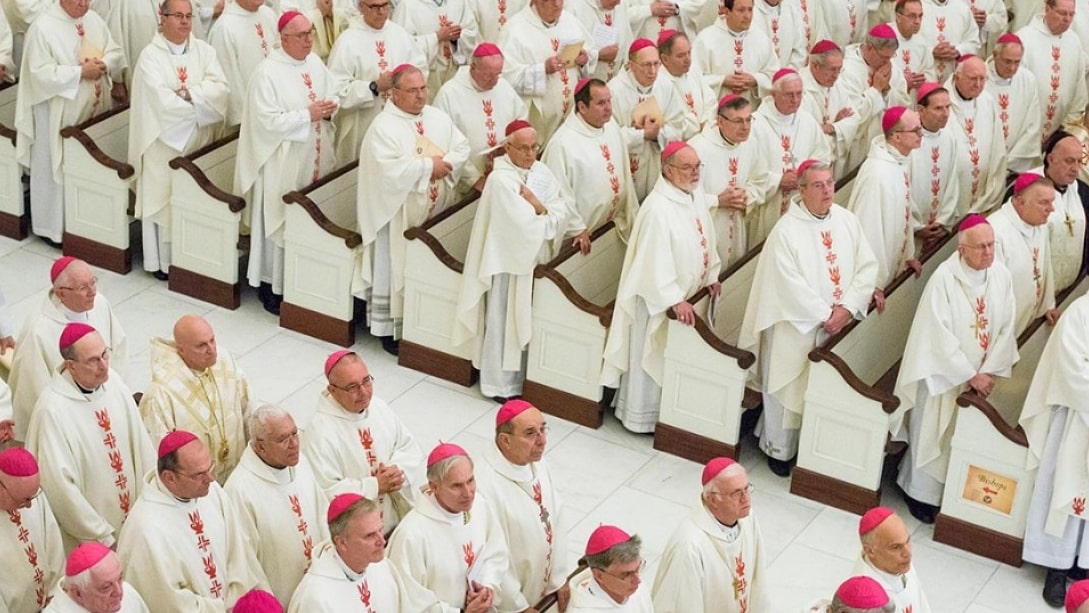 Pretend for a moment that it’s 1973, and I am a Supreme Court justice. In Roe v. Wade, seven of my colleagues have concluded that a woman has an unfettered “right” to abort her child. The justification for this right found by my fellow justices is that the unborn child is not a person under the Constitution. Consequently, the child has no constitutional right to life.
Pretend for a moment that it’s 1973, and I am a Supreme Court justice. In Roe v. Wade, seven of my colleagues have concluded that a woman has an unfettered “right” to abort her child. The justification for this right found by my fellow justices is that the unborn child is not a person under the Constitution. Consequently, the child has no constitutional right to life.
In my dissenting opinion, I excoriate my colleagues for bending over backwards to find a right of privacy where one does not exist. I mock Justice Blackmun’s attempt to find this so-called right in “the Fourteenth Amendment’s concept of liberty or in the Ninth Amendment’s reservation of rights to the people.”
I conclude my dissent with this sentence: “If we follow the logic of this Court that there is a constitutional right to kill’s one child in the womb and thus regard the child as no more than mere property, then what is to prevent parents from killing the child after birth, or selling the child to the highest bidder, or, if so desired, from eating the child?”
We fast-forward ten years. A couple in Texas is arrested, accused, tried, and found guilty of cannibalizing their four children, a crime prohibited under Texas law. An attorney then sues the state of Texas, asserting that the state has no right to interfere in the couple’s right to dispose of their property as they see fit.
The federal judge who hears the case rules against the state of Texas. In his decision, he partly justifies his action by referring to my concluding sentence above, thus totally misreading my intention. One might conclude that the judge is either devious or just plain ignorant.
Ridiculous? Farfetched? If you think that, consider what Federal Judge Orlando Garcia did when he recently overturned the Texas ban on homosexual marriages. To bolster his decision, Garcia used this quote from Supreme Court Justice Antonin Scalia in his dissent in Lawrence v. Texas (2003): “[W]hat justification could there possibly be for denying the benefits of marriage to homosexual couples exercising ‘the liberty of the Constitution’? Surely not the encouragement of procreation, since the sterile and the elderly are allowed to marry.” It certainly sounds as if Scalia is arguing for homosexual marriage. But he was doing nothing of the sort. In fact, he was mocking the Court’s decision and its absence of logic.
Lawrence v. Texas involved two men (Lawrence and Gardner) who were arrested and found guilty of homosexual behavior. The case was appealed to the Supreme Court, which overturned the Texas anti-sodomy law.
Writing for the majority, Justice Anthony Kennedy declared, “The petitioners are entitled to respect for their private lives. The State cannot demean their existence or control their destiny by making their private sexual conduct a crime.” The Court held that consensual sexual conduct was protected by the Equal Protection Clause of the Fourteenth Amendment.
Scalia’s dissenting opinion took his colleagues to task for judicial malfeasance. He chastised them for obvious bias:
Today’s opinion is the product of a Court . . . that has largely signed on to the so-called homosexual agenda, by which I mean the agenda promoted by some homosexual activists directed at eliminating the moral opprobrium that has traditionally attached to homosexual conduct.
Scalia continued his attack by condemning the Court for its obsession with finding discrimination where none exists:
It is clear . . . that the Court has taken sides in the culture war, departing from its role of assuring, as neutral observer, that the democratic rules of engagement are observed. Many Americans do not want persons who openly engage in homosexual conduct as partners in their business, as scoutmasters for their children, as teachers in their children’s schools, or as boarders in their homes. They view this as protecting themselves and their families from a lifestyle that they believe to be immoral and destructive. The Court views it as “discrimination” which it is the functions of our judgments to deter.
From there, Scalia reminded the Court that the United States mandates that individuals who engage in, or intend to engage in, homosexual acts in the Armed Forces must be discharged. (Keep in mind that Scalia wrote this in 2003, prior to the executive order that changed this policy.) He also pointed out that the Court ruled in 2000 that the Boy Scouts had a constitutional right to exclude homosexuals.
Scalia then correctly pointed out that homosexuals have every right to try to persuade their fellow citizens to change laws that criminalize homosexual behavior. But then he added:
But persuading one’s fellow citizens is one thing and imposing one’s views in absence of democratic majority will is something else . . . What Texas has chosen to do is well within the range of traditional democratic action, and its hand should not be stayed through the invention of a brand-new “constitutional right” by a Court that is impatient of democratic change . . . it is the premise of our system that those judgments are to be made by the people, and not imposed by a governing caste that knows best.
In Lawrence, the Court added this disclaimer: [The present case] “does not involve whether the government must give formal recognition to any relationship that homosexual persons seek to enter.” Scalia wrote, “Do not believe it . . . Today’s opinion dismantles the structure of constitutional law that has permitted a distinction to be made between heterosexual and homosexual unions, insofar as formal recognition in marriage is concerned.” A sentence later, Scalia wrote the words expropriated by Judge Garcia. Of course, the judge skips the next sentence, which clearly showed Scalia’s contempt for the Court’s decision: “This case ‘does not involve’ the issue of homosexual marriage only if one entertains the belief that principle and logic have nothing to do with the decision of this Court.” Scalia could see where the Court’s decision would lead, and he knew it would be dangerous for the nation.
On February 26, the Huffington Post ran this headline: “How Scalia Helped Screw Texas’ Case Against Gay Marriage.” Judge Garcia took two sentences out of context and used them for his own agenda. Shame on him. And shame on the Post for promoting the same agenda with shoddy and misleading journalism.








